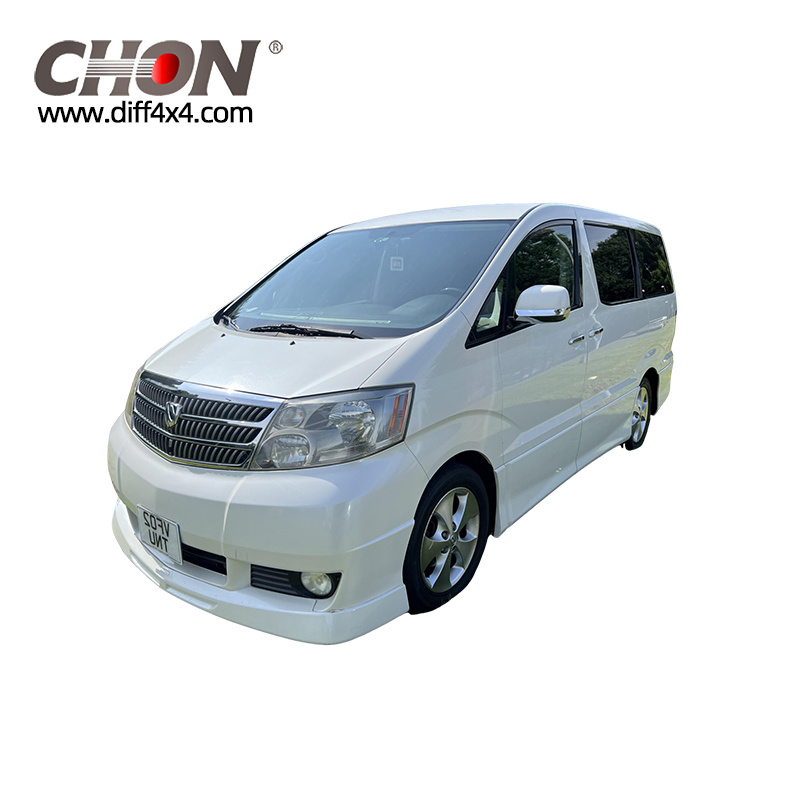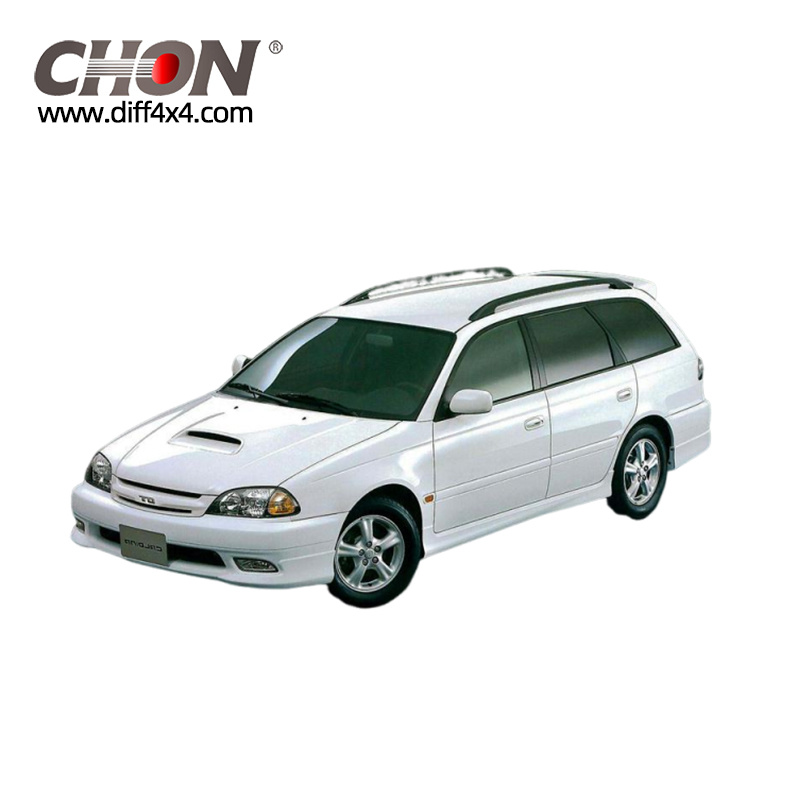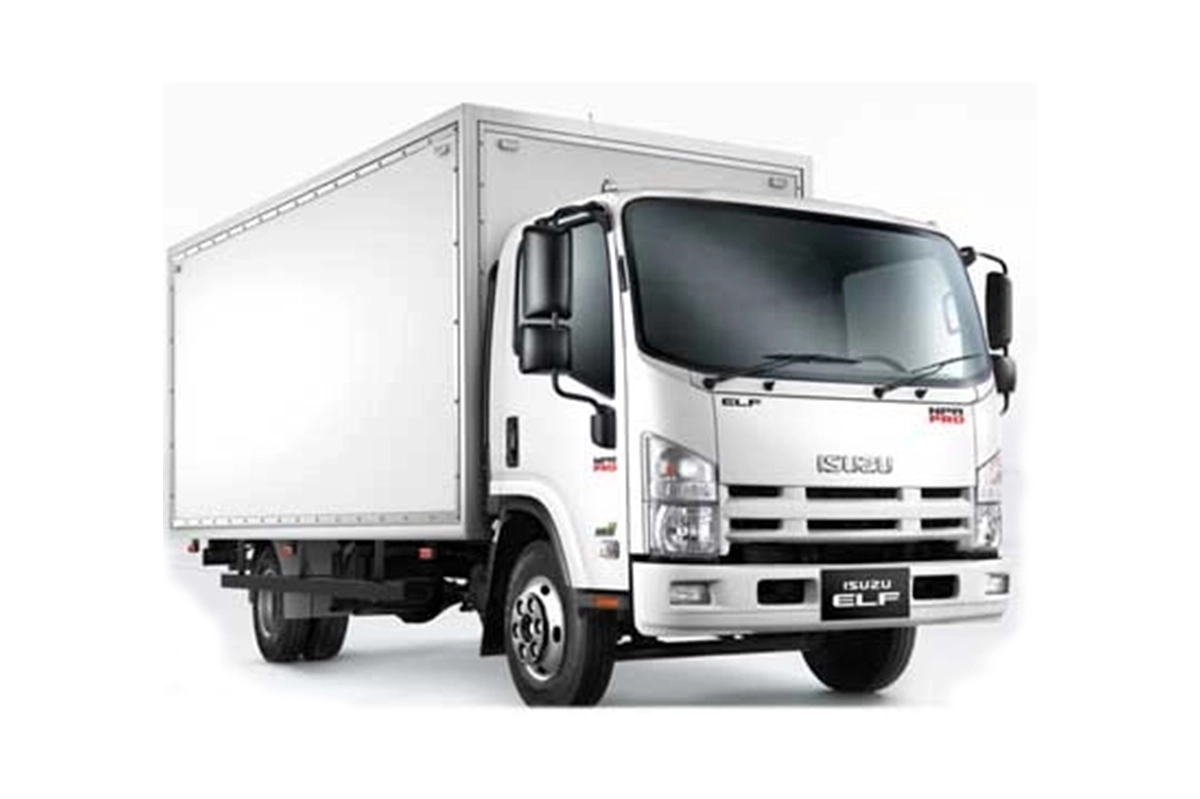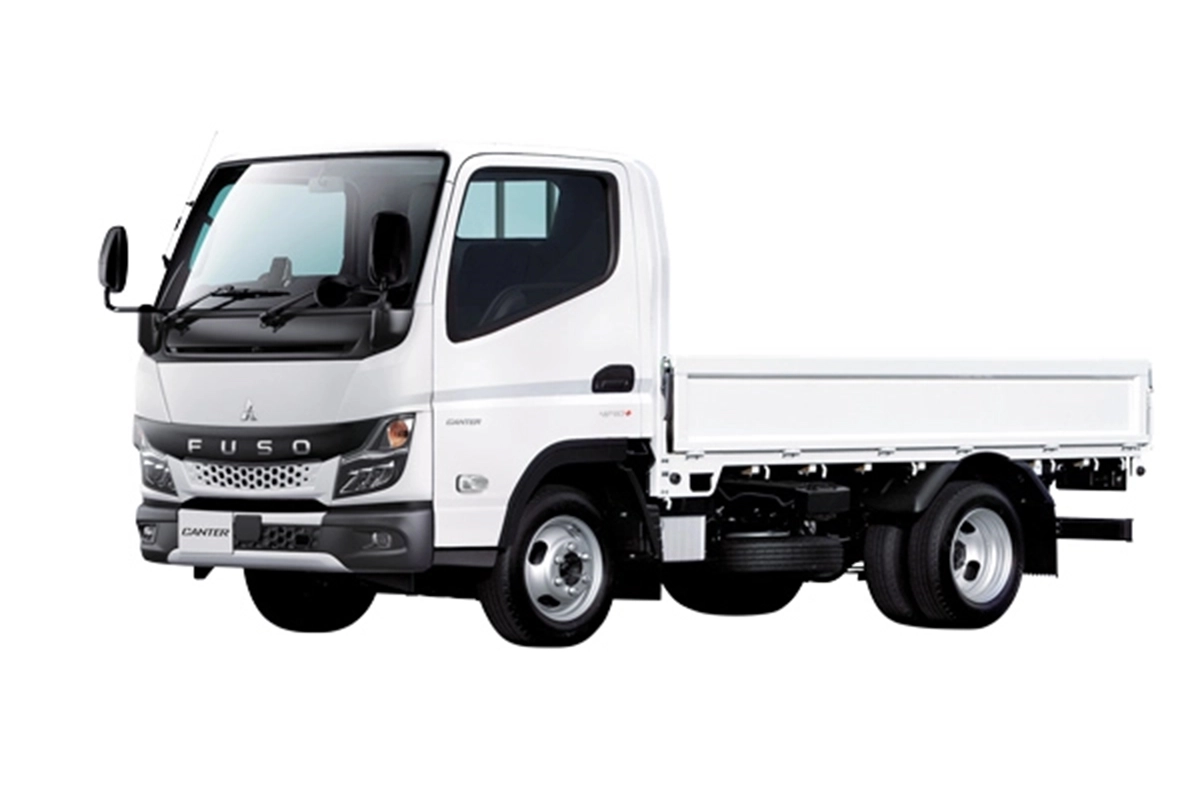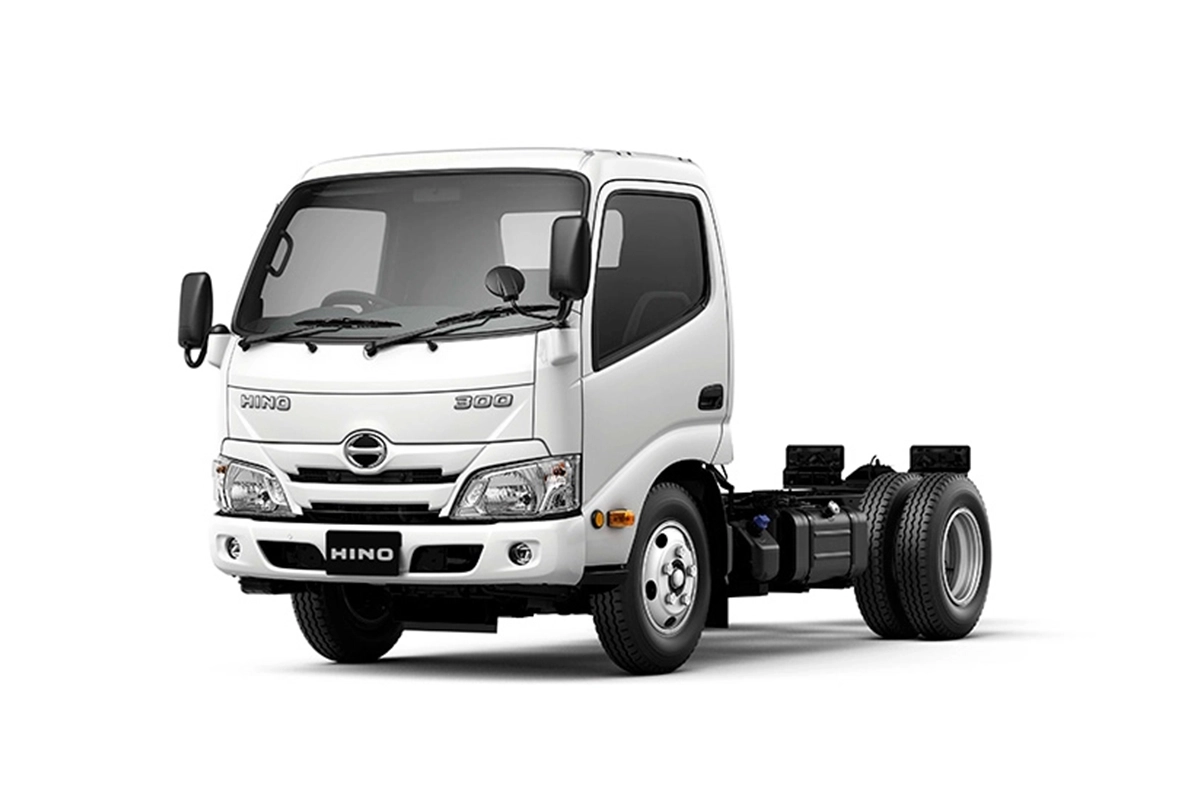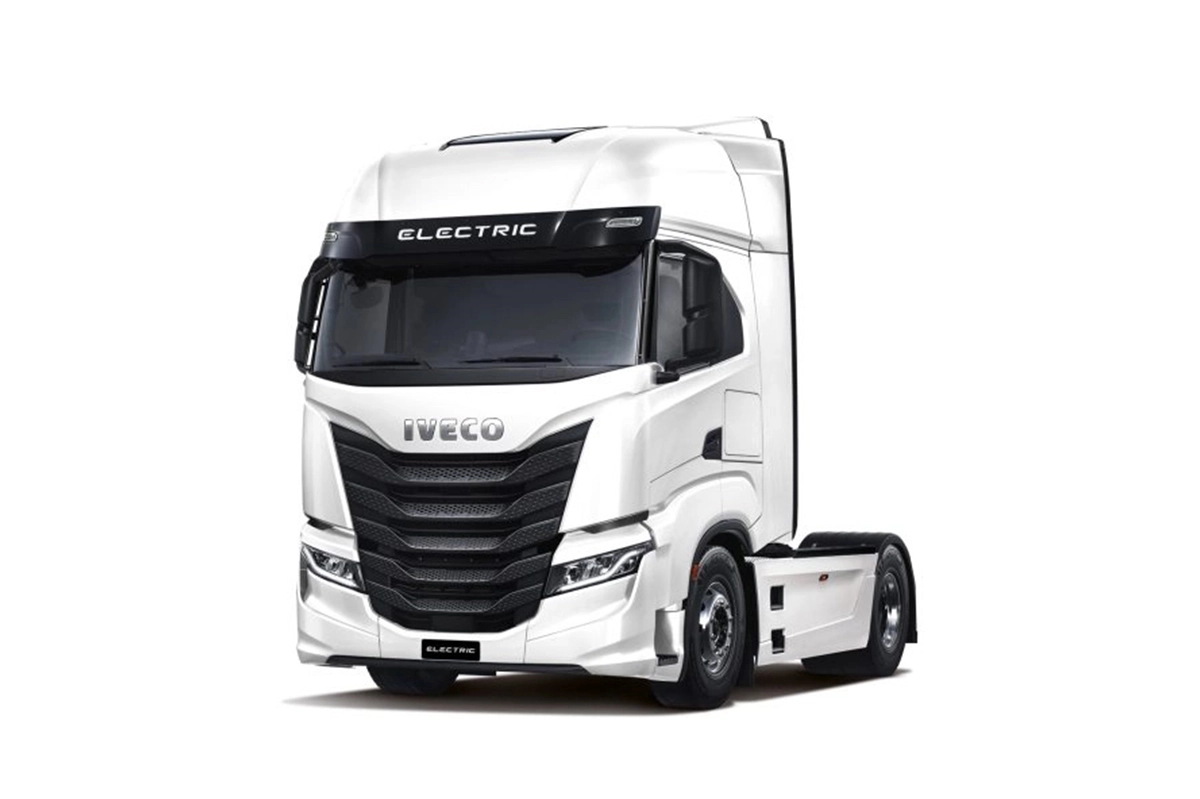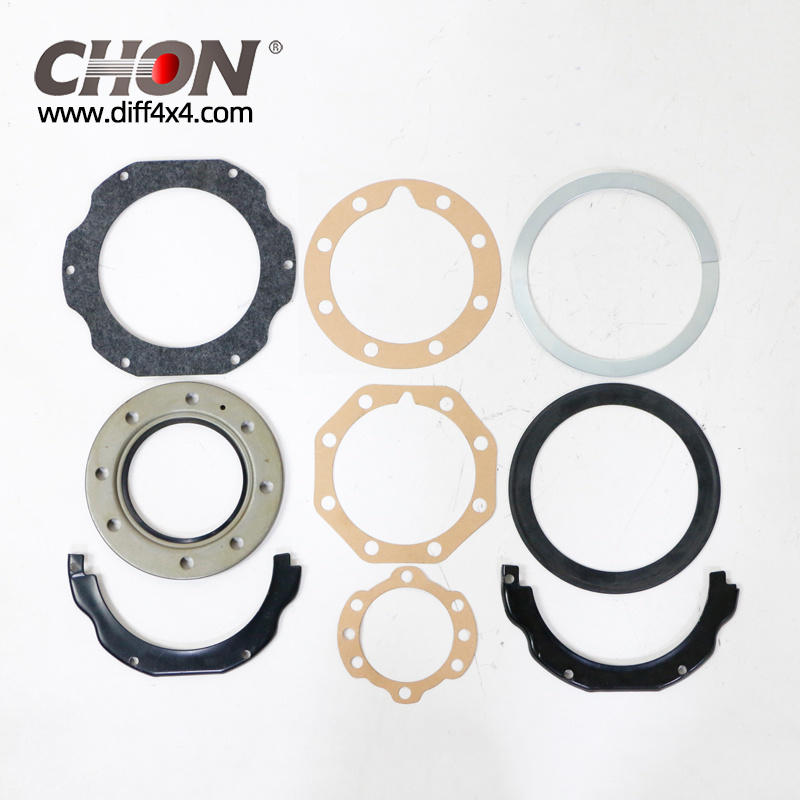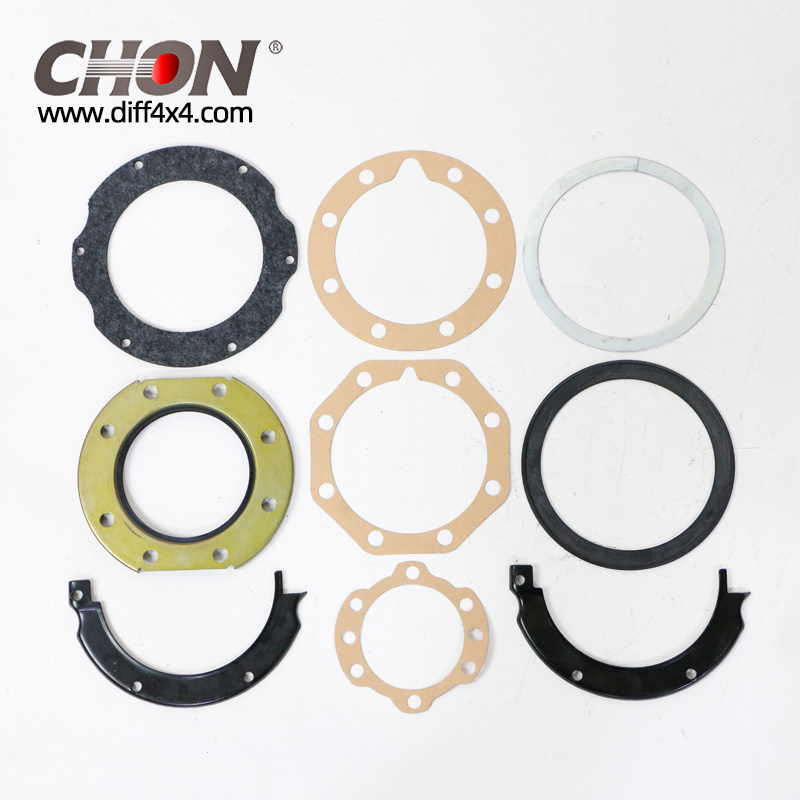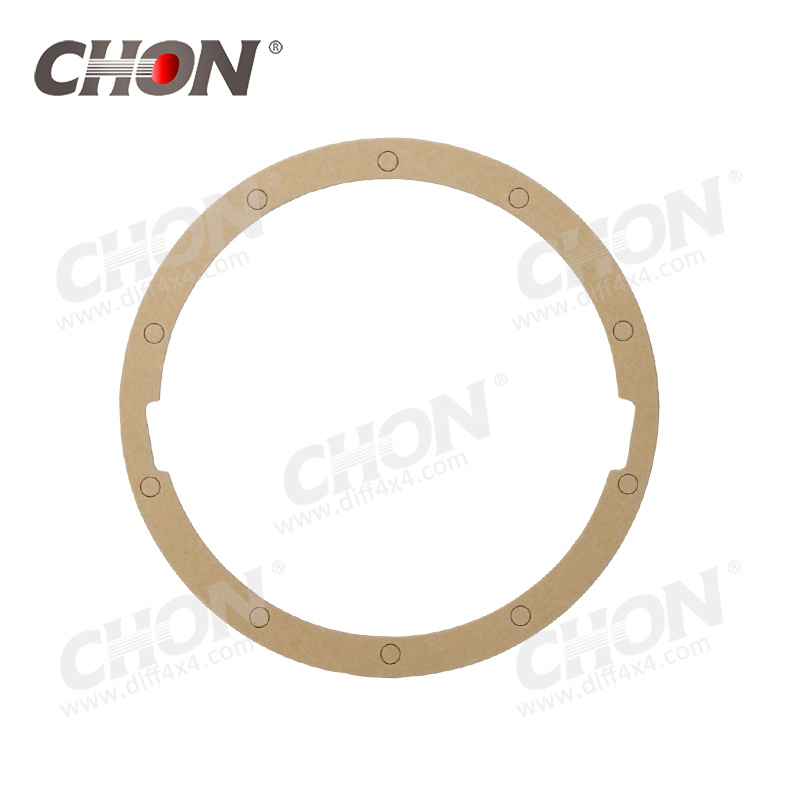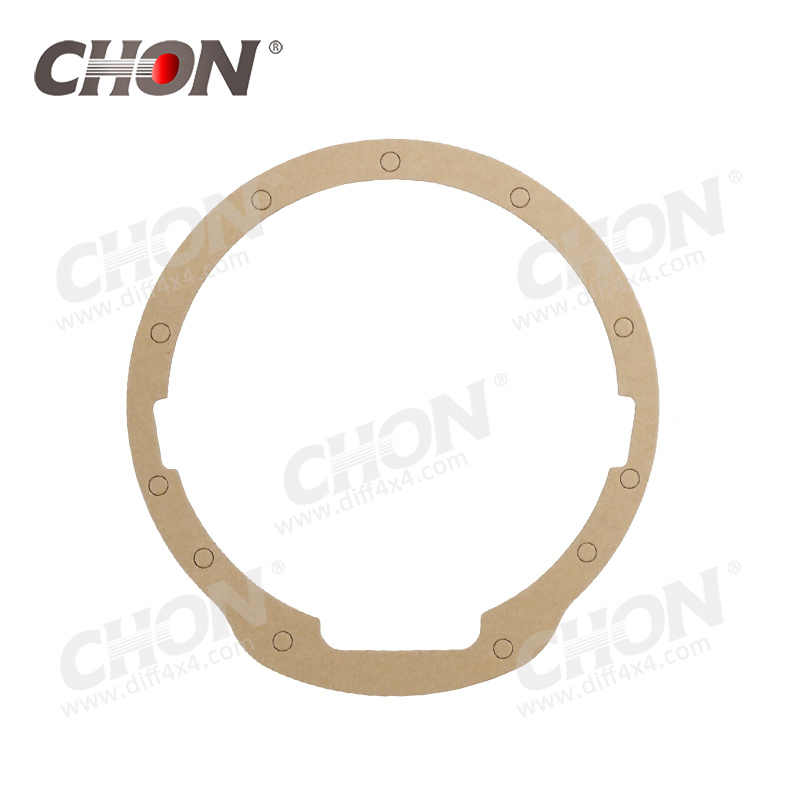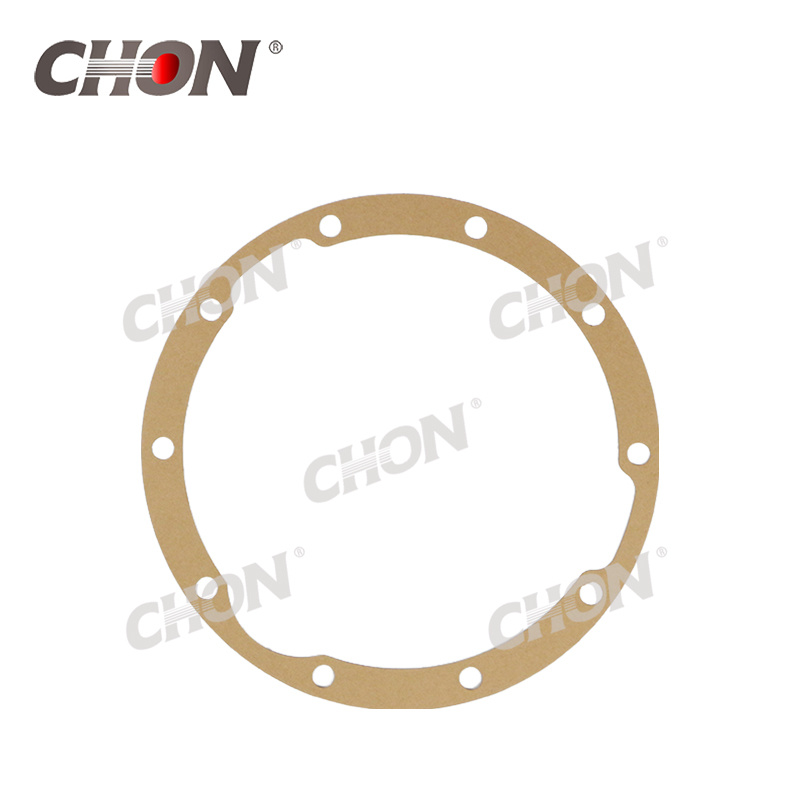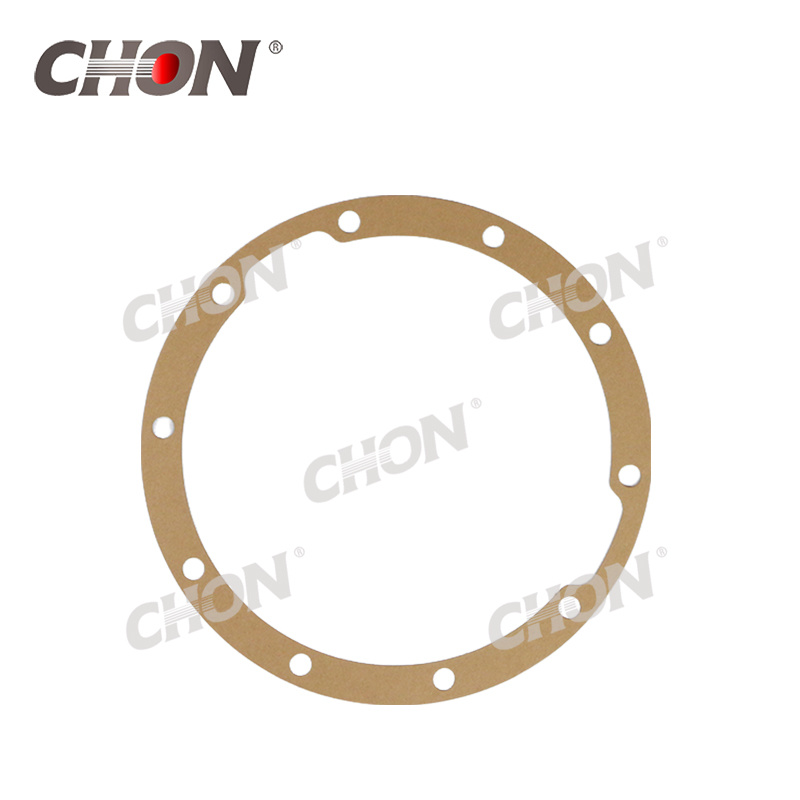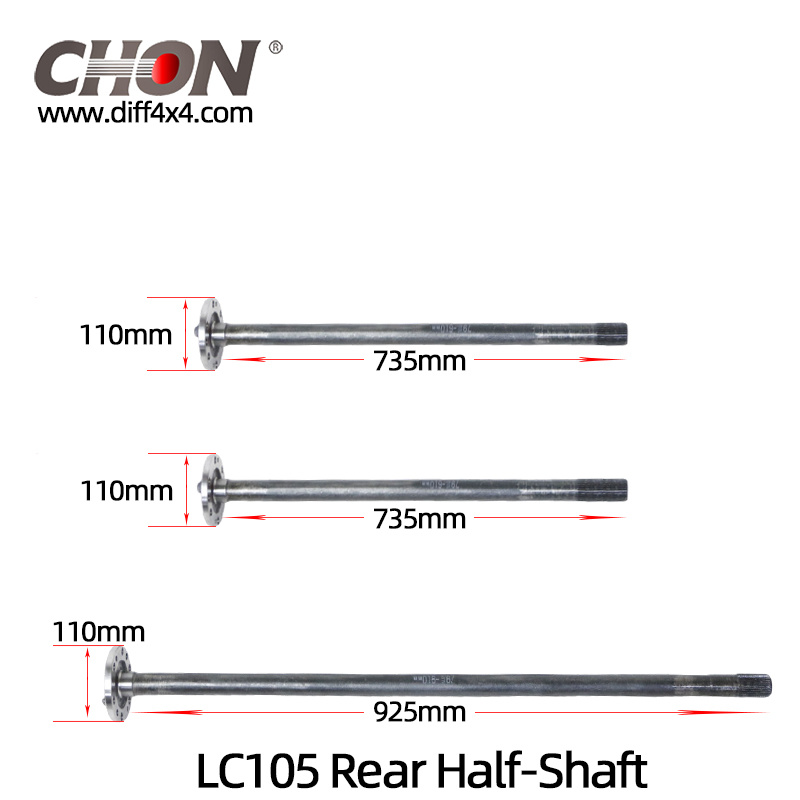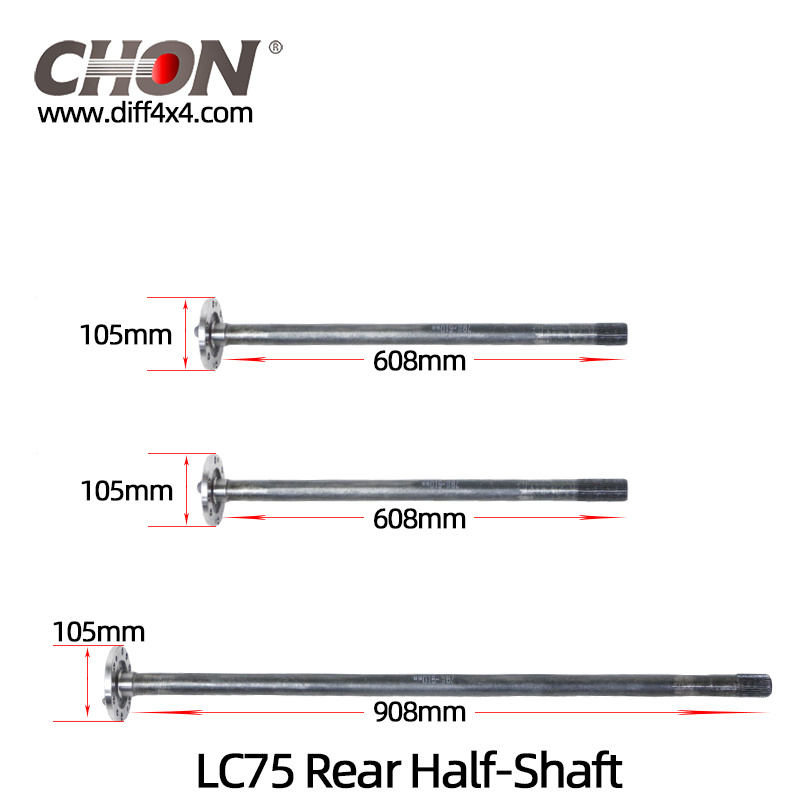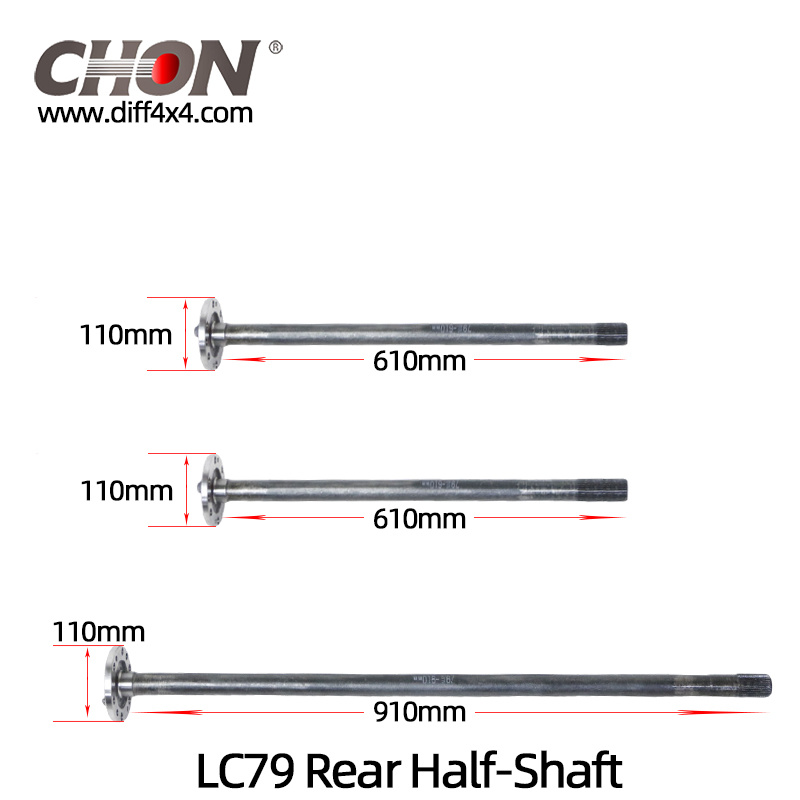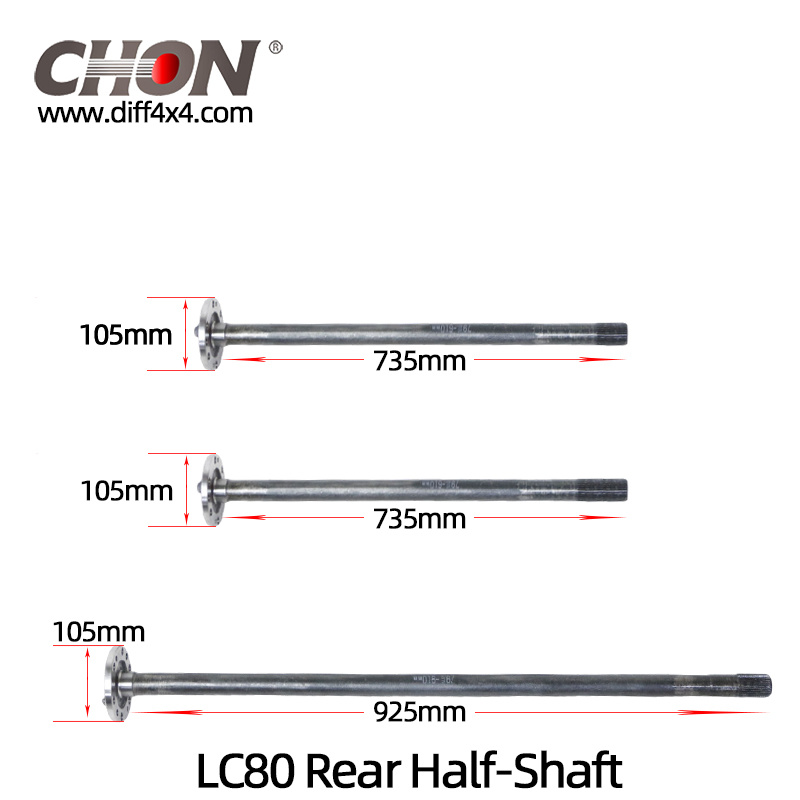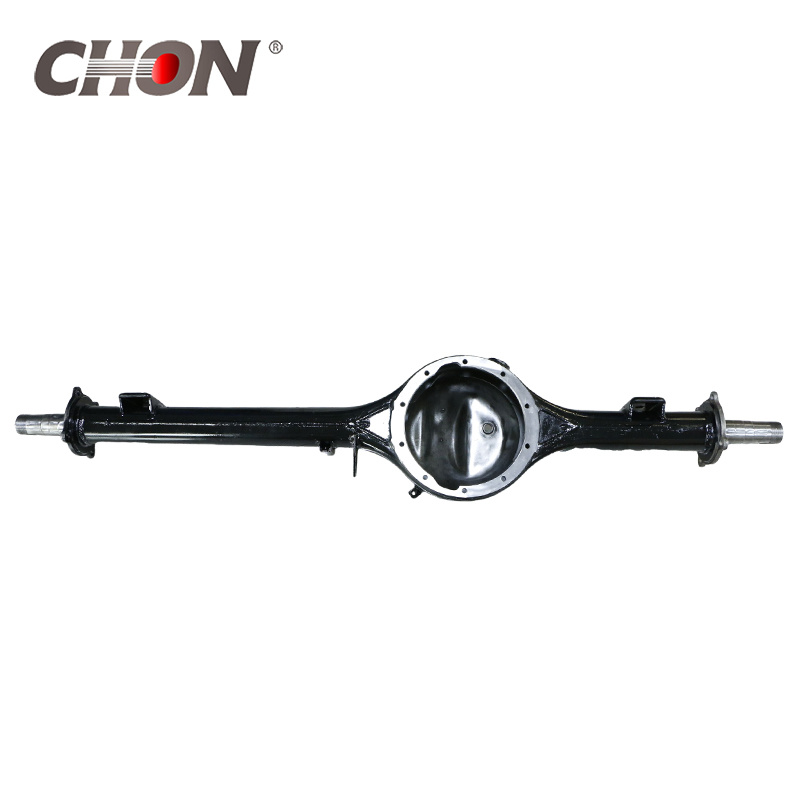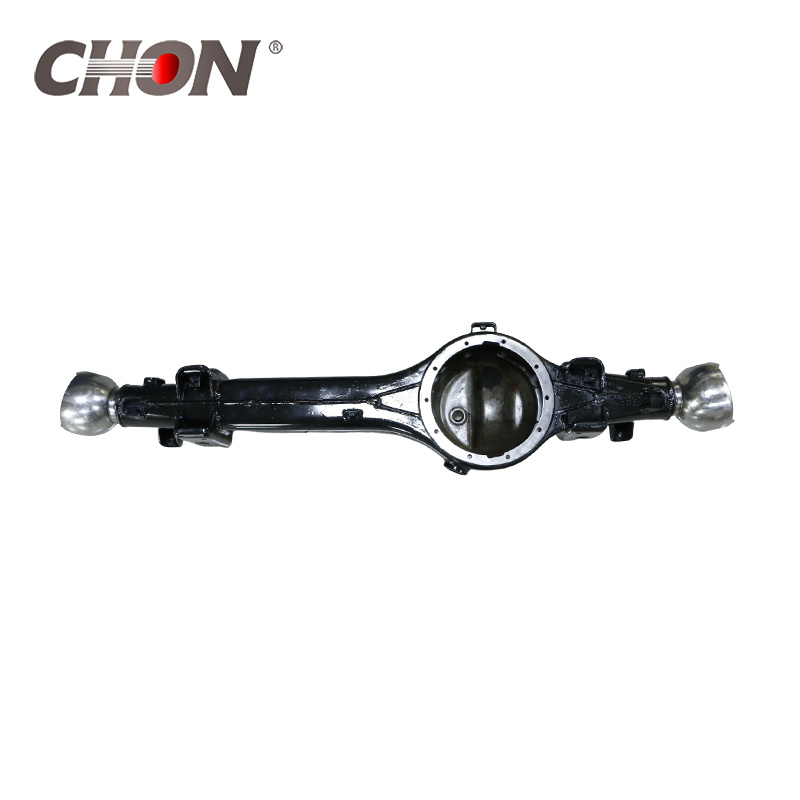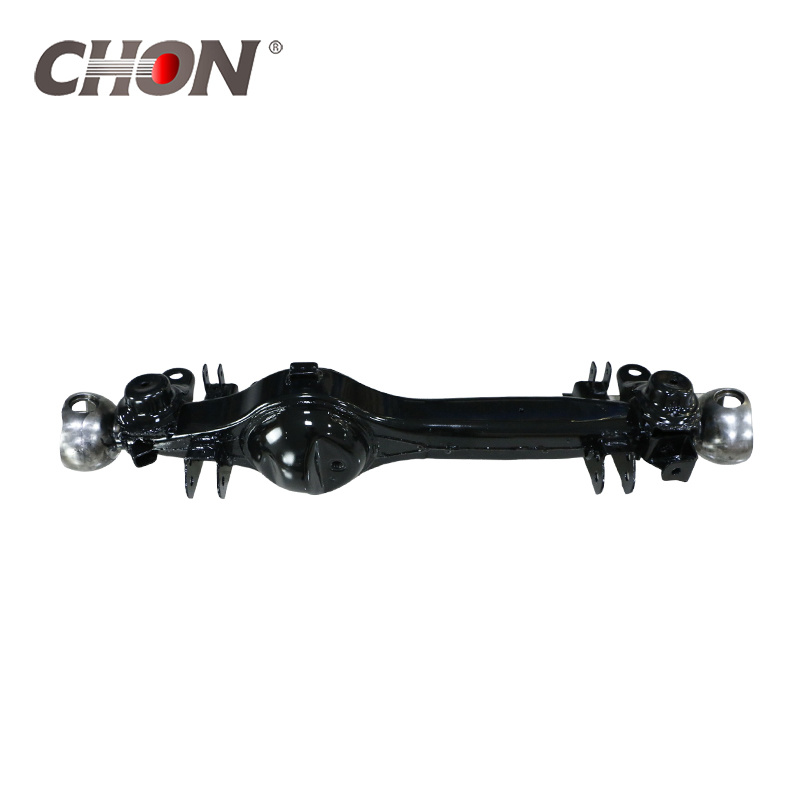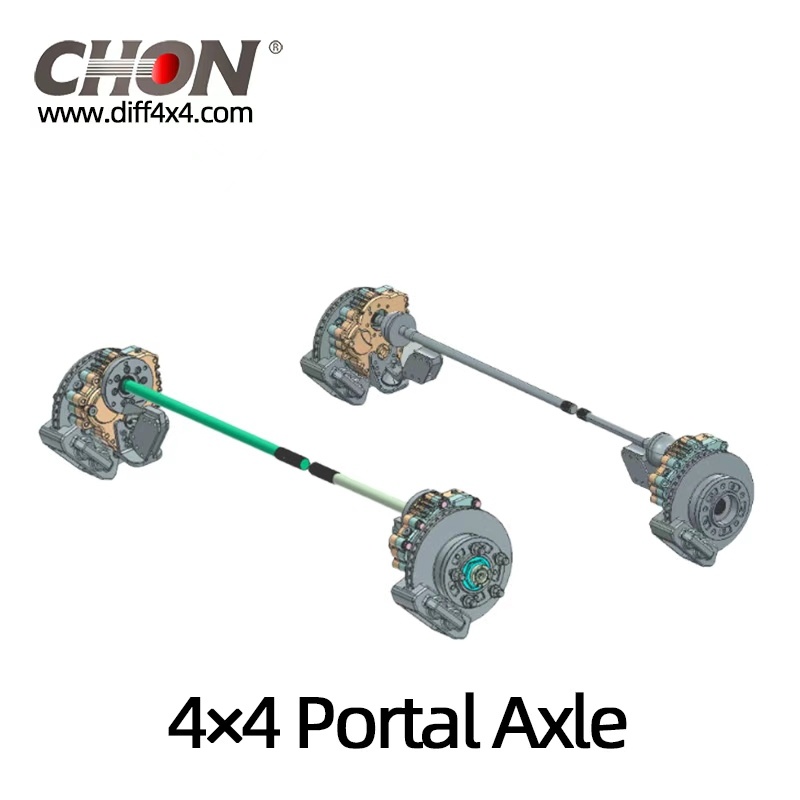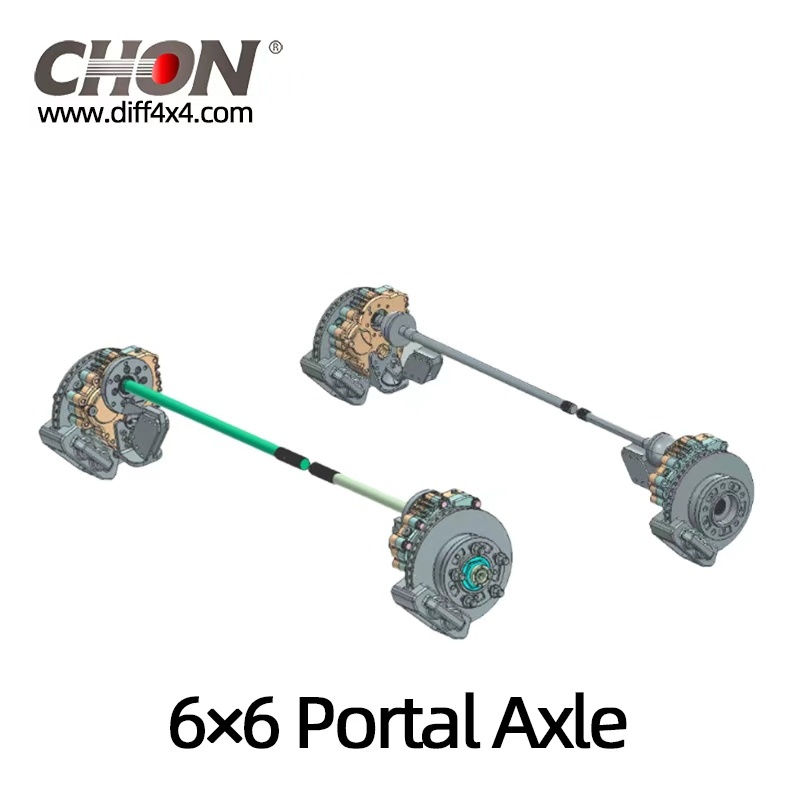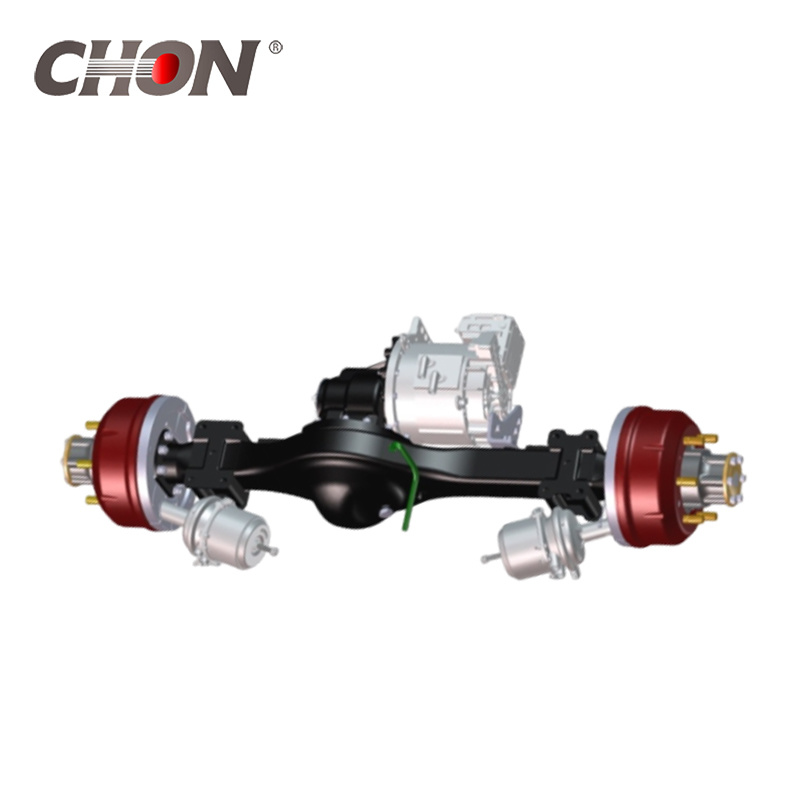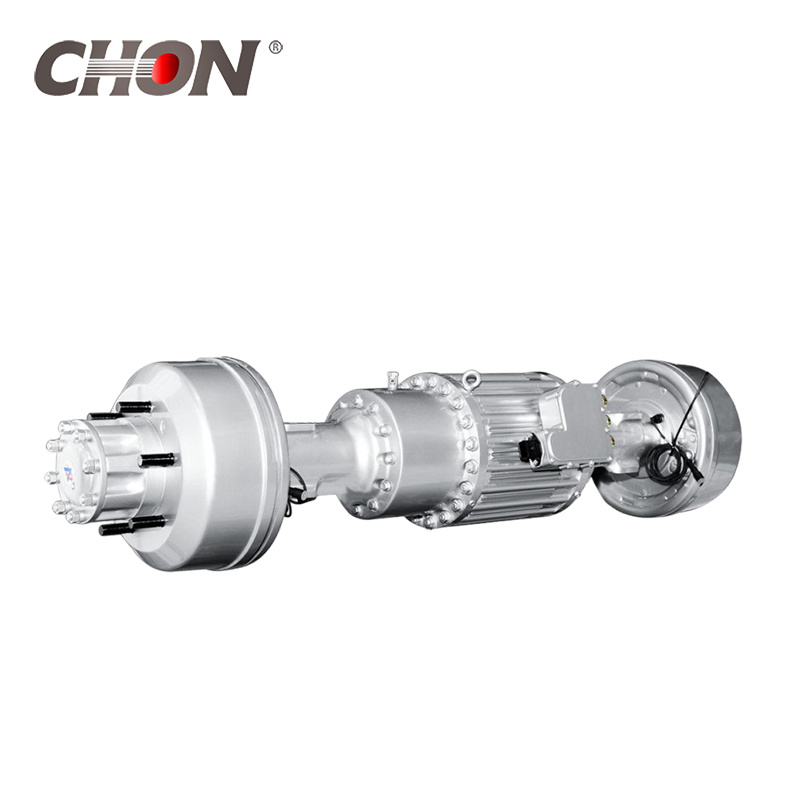-
-
Japanese
Toyota
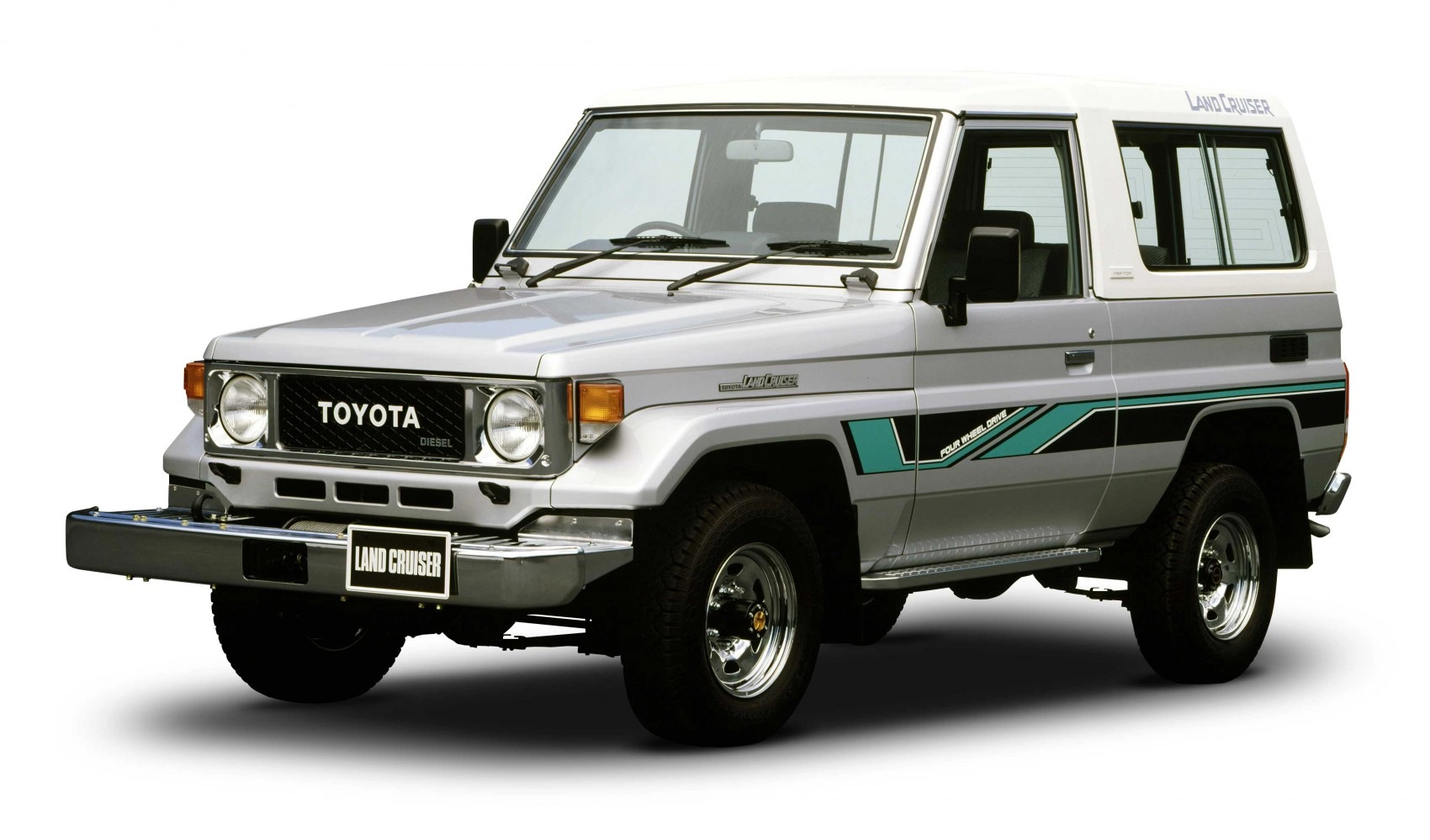
Land Cruiser 70 73 75 77 (1984~1994)
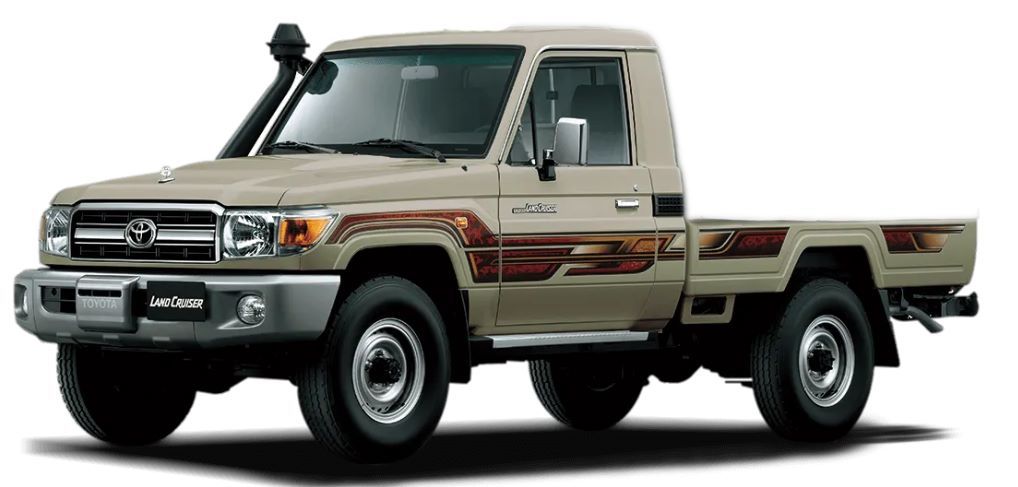
Land Cruiser 71 76 78 79 (1999~2018)
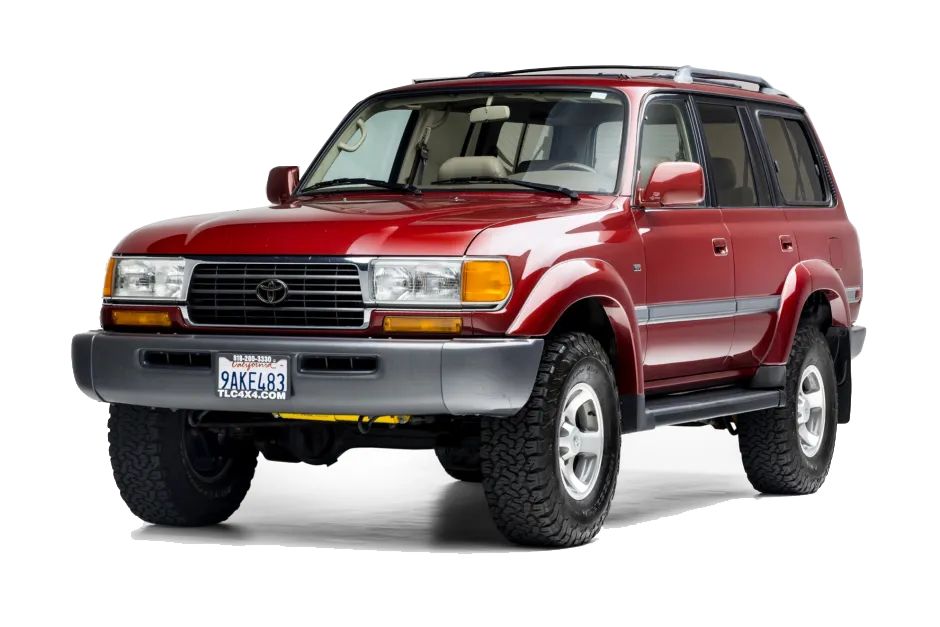
Land Cruiser 80 (1992~1997)
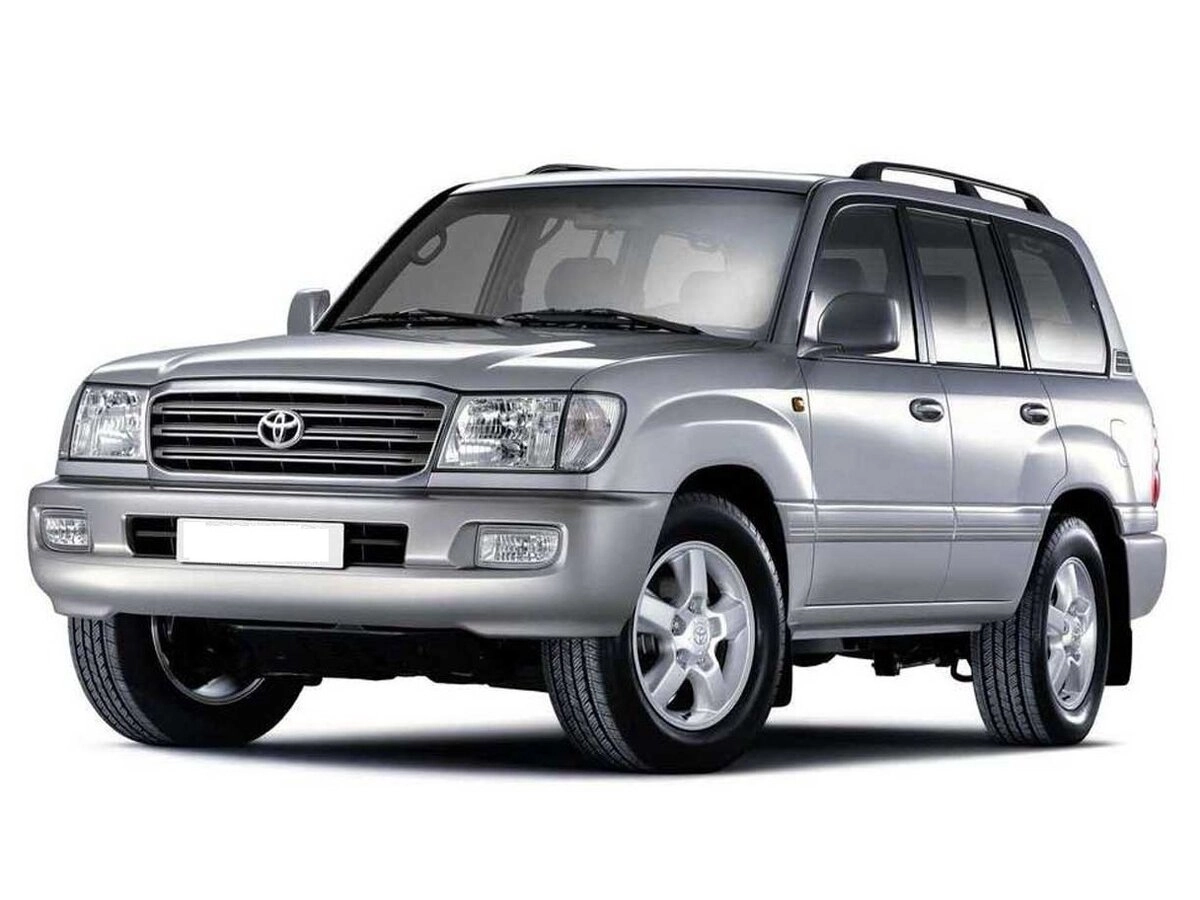
Land Cruiser 100 (1997~2007)
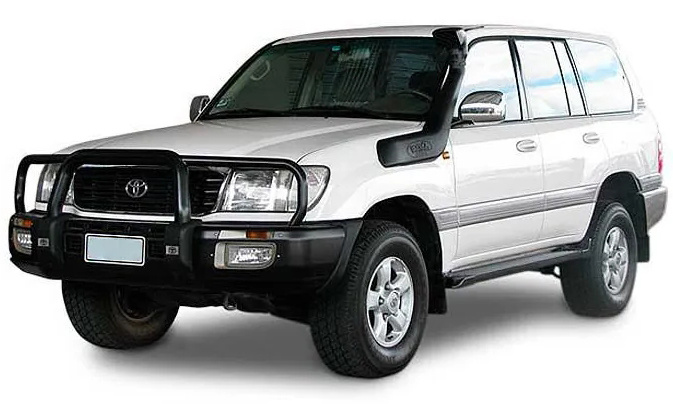
Land Cruiser 105 (1998~2002)
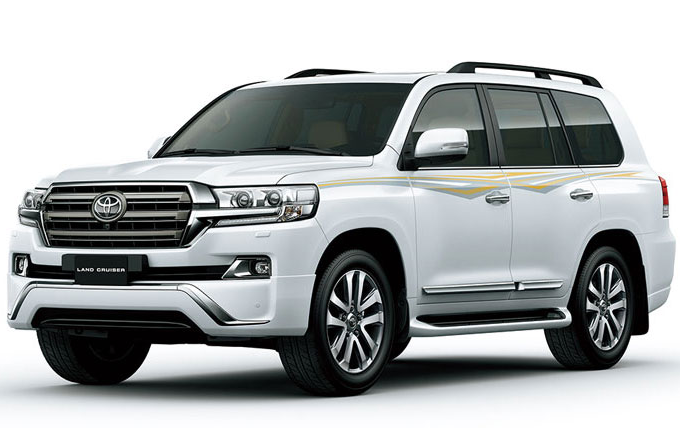
Land Cruiser 200 (2008~2021)
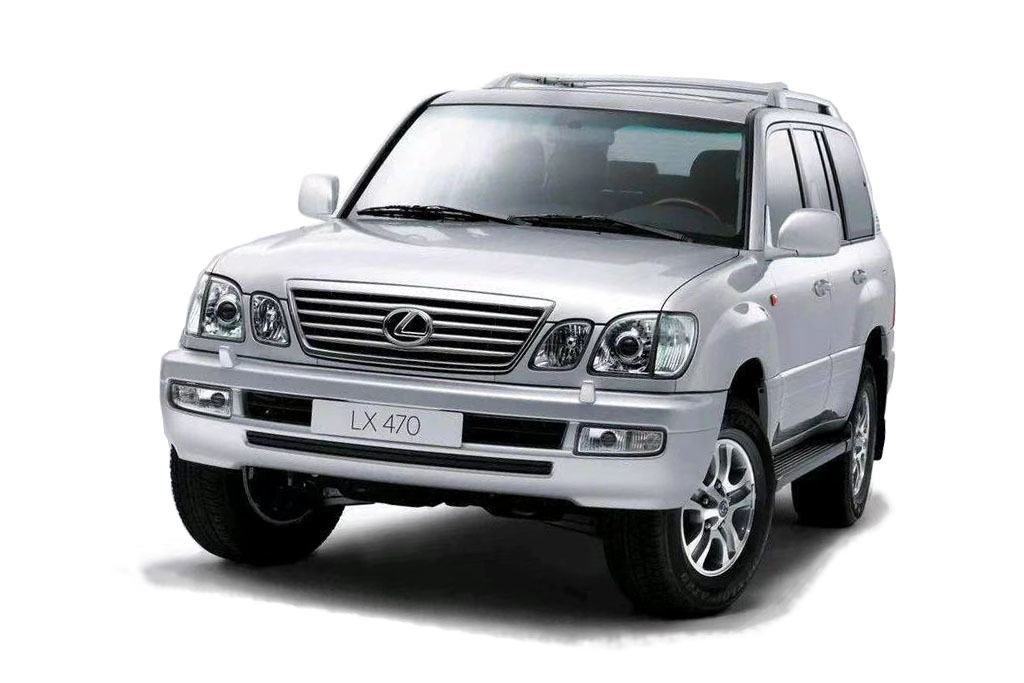
Lexus LX4700 (1998-2007)
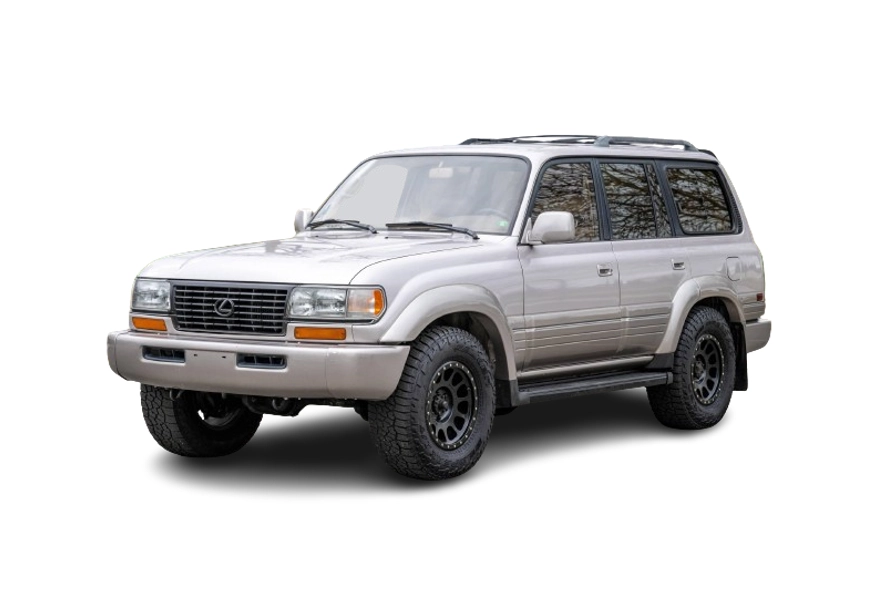
Lexus LX4500 (1995~1998)
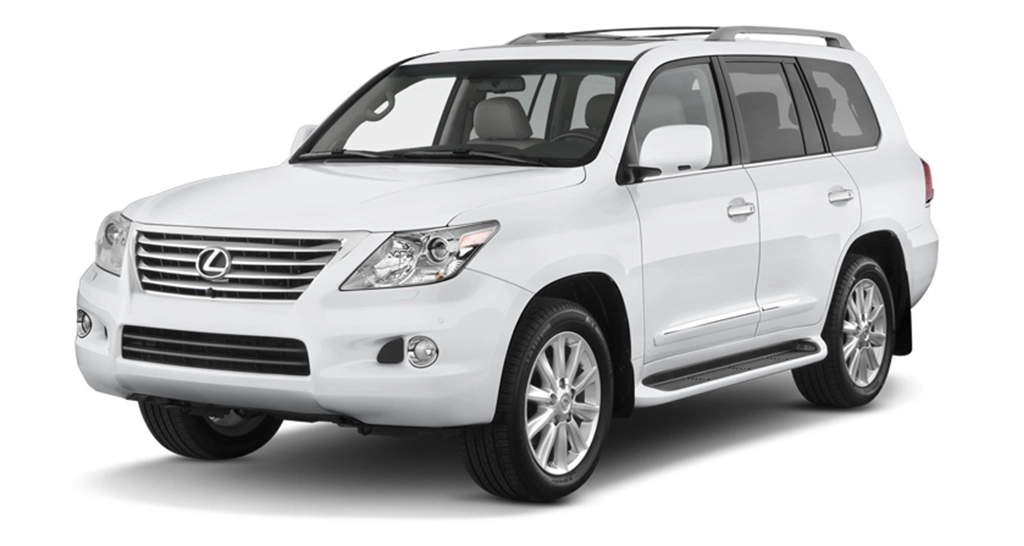
Lexus LX5700 (2008~2018)
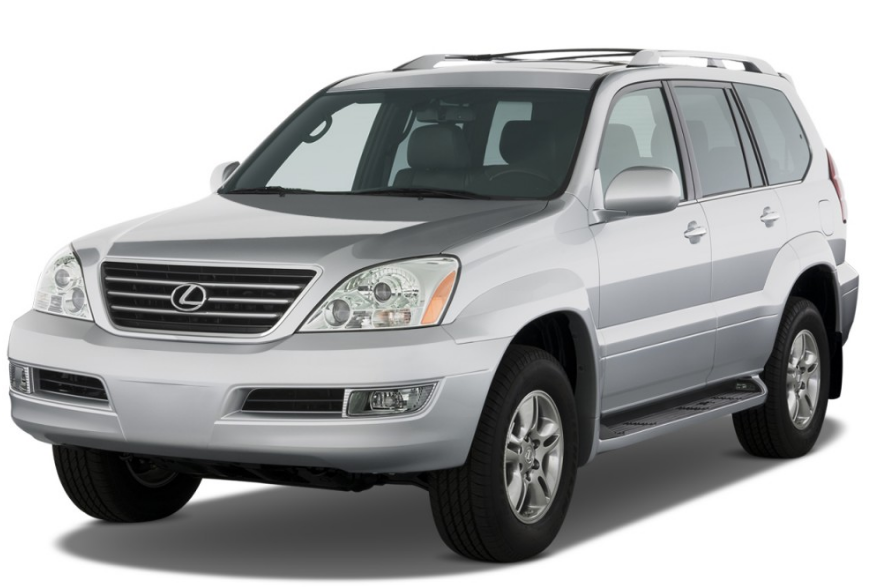
Lexus GX460 (2002~2009)

Lexus GX470 (2009~2023)
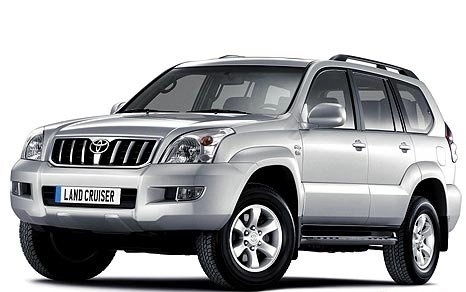
Land Cruiser Prado 120 (2002~2009)
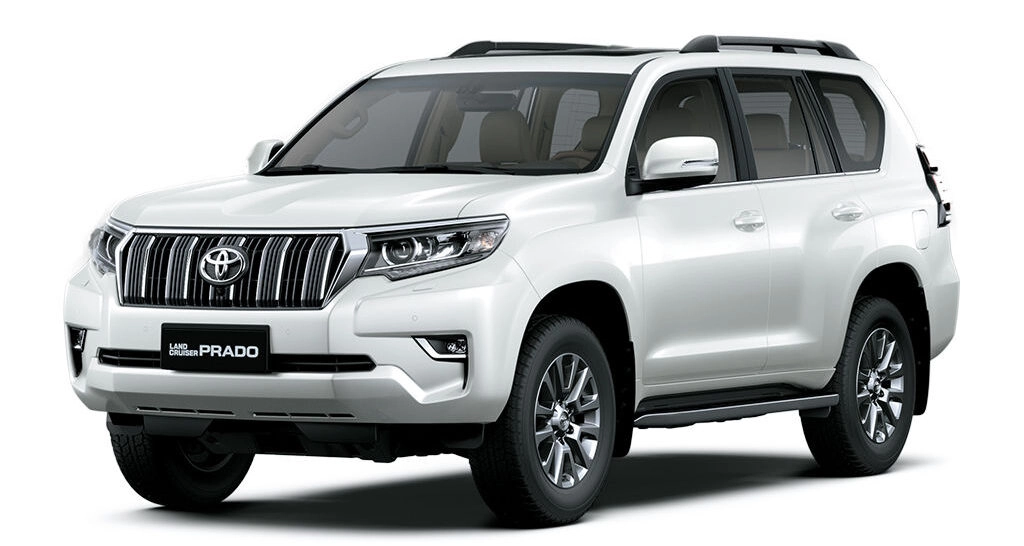
Land Cruiser Prado 150 (2009~2023)

FJ Cruiser (2003~2017)
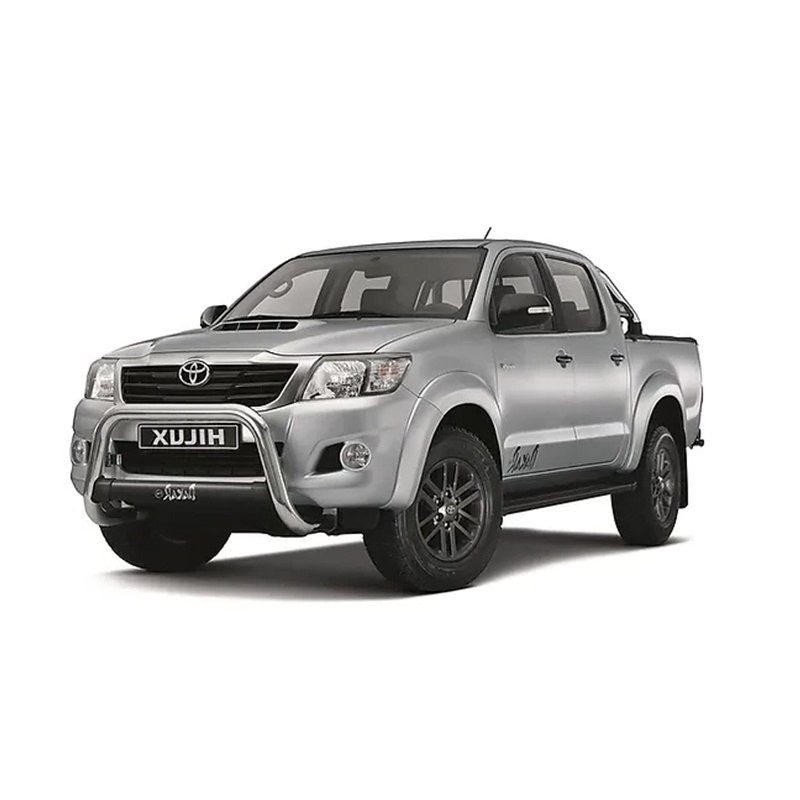
Hilux Vigo (2005~2015)
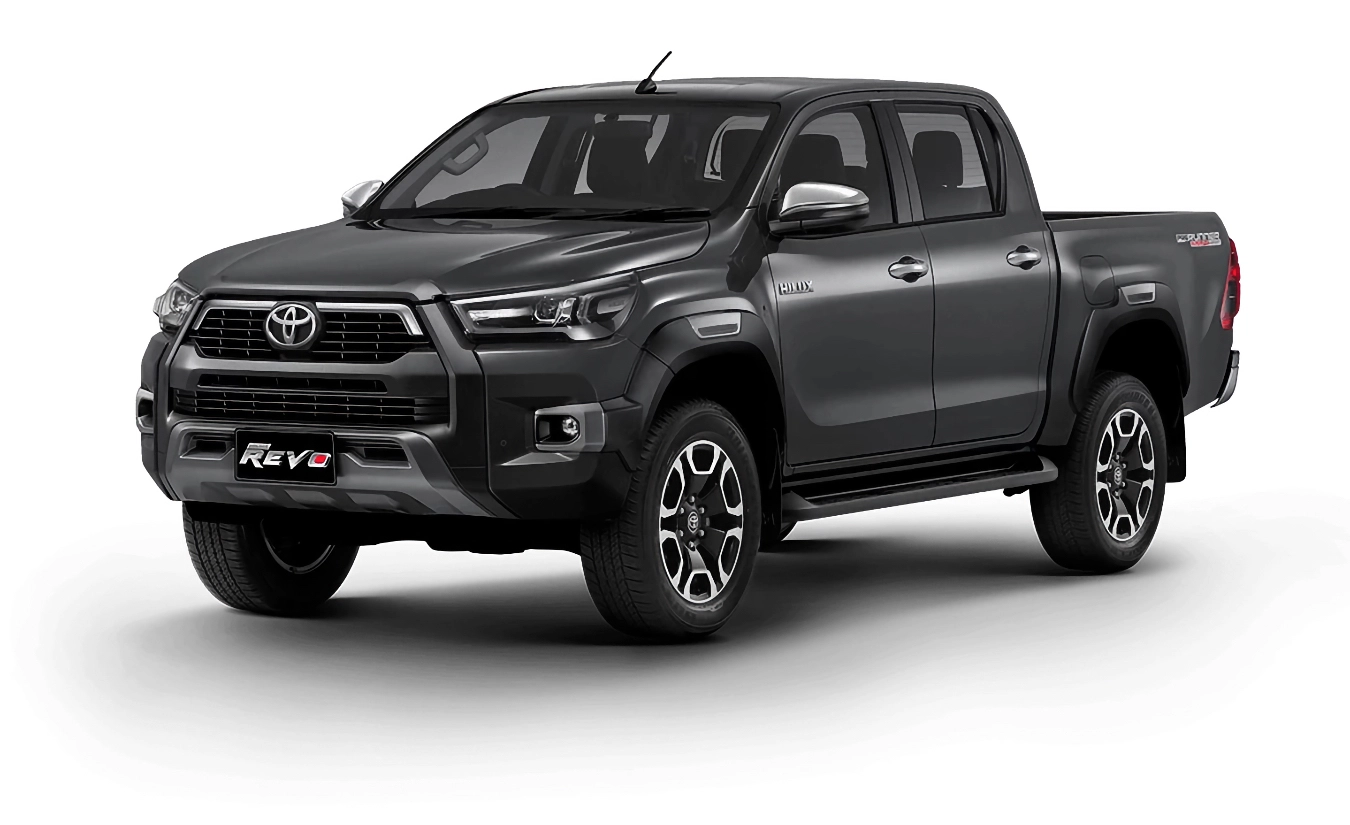
Hilux Revo (2015~)

Hiace 200 (2004~2016)
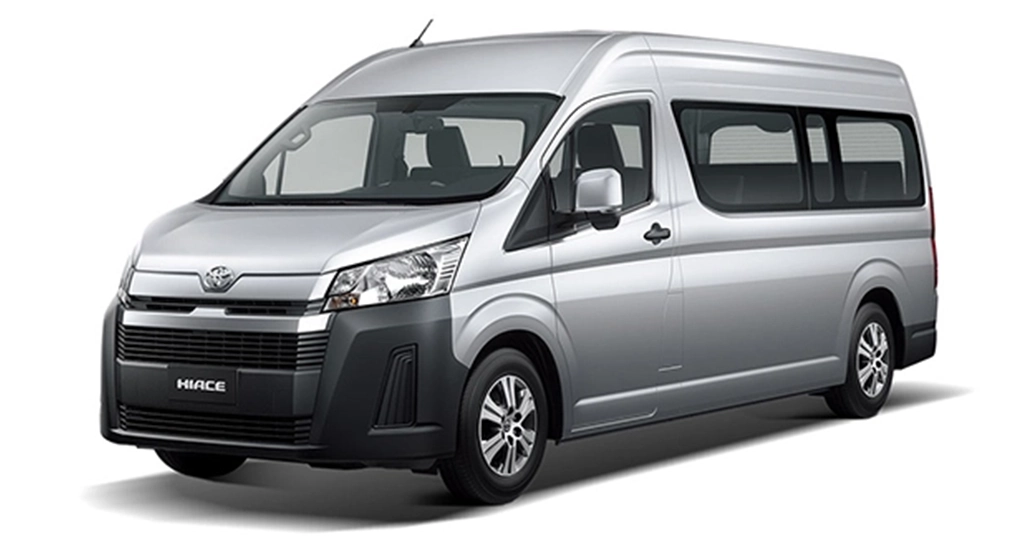
Hiace 300 (2016~)
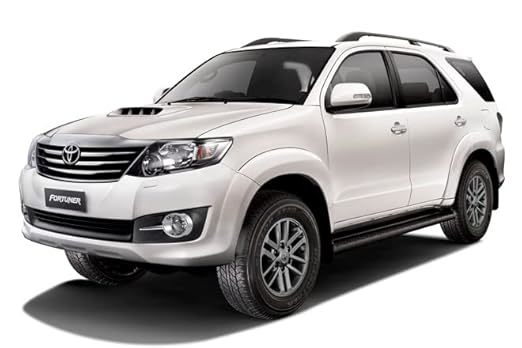
Fortuner (2004-2015)
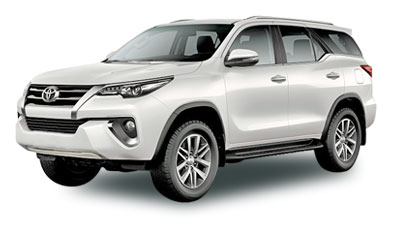
Fortuner (2015-)
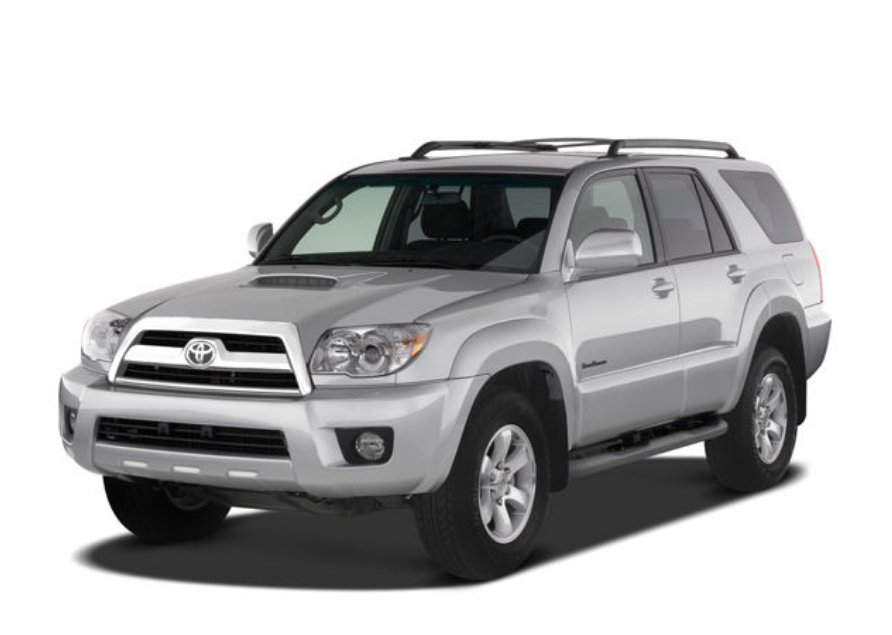
4Runner(2002-2009)
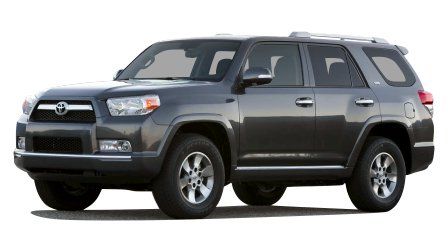
4Runner 2009-2018
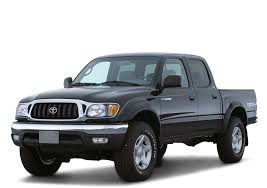
Tacoma (1995~2003)
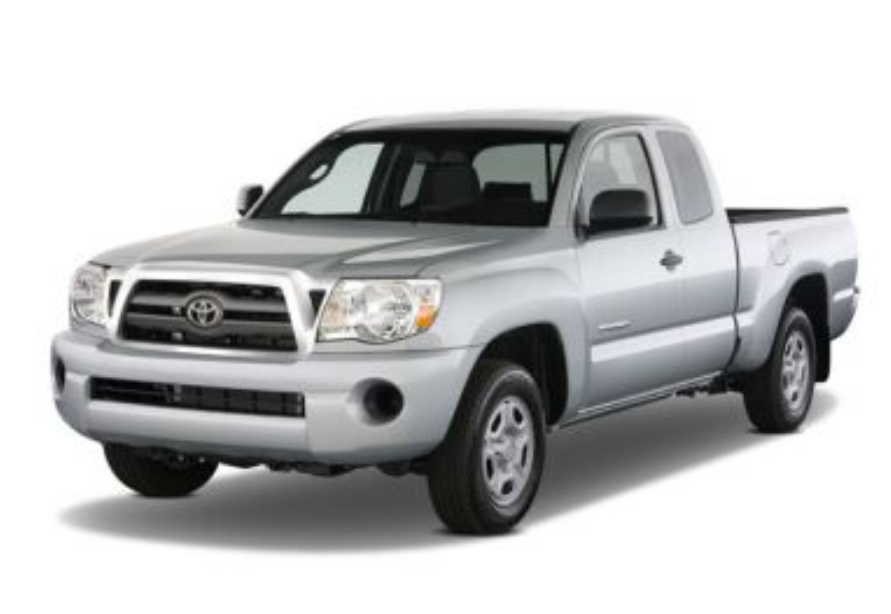
Tacoma (2004~2015)
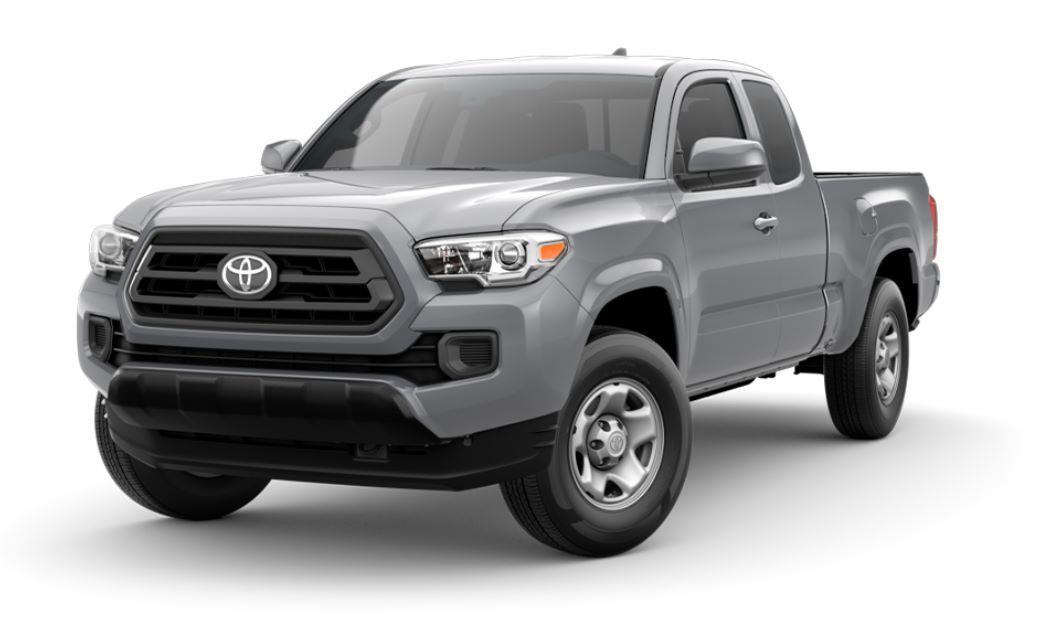
Tacoma(2015~)
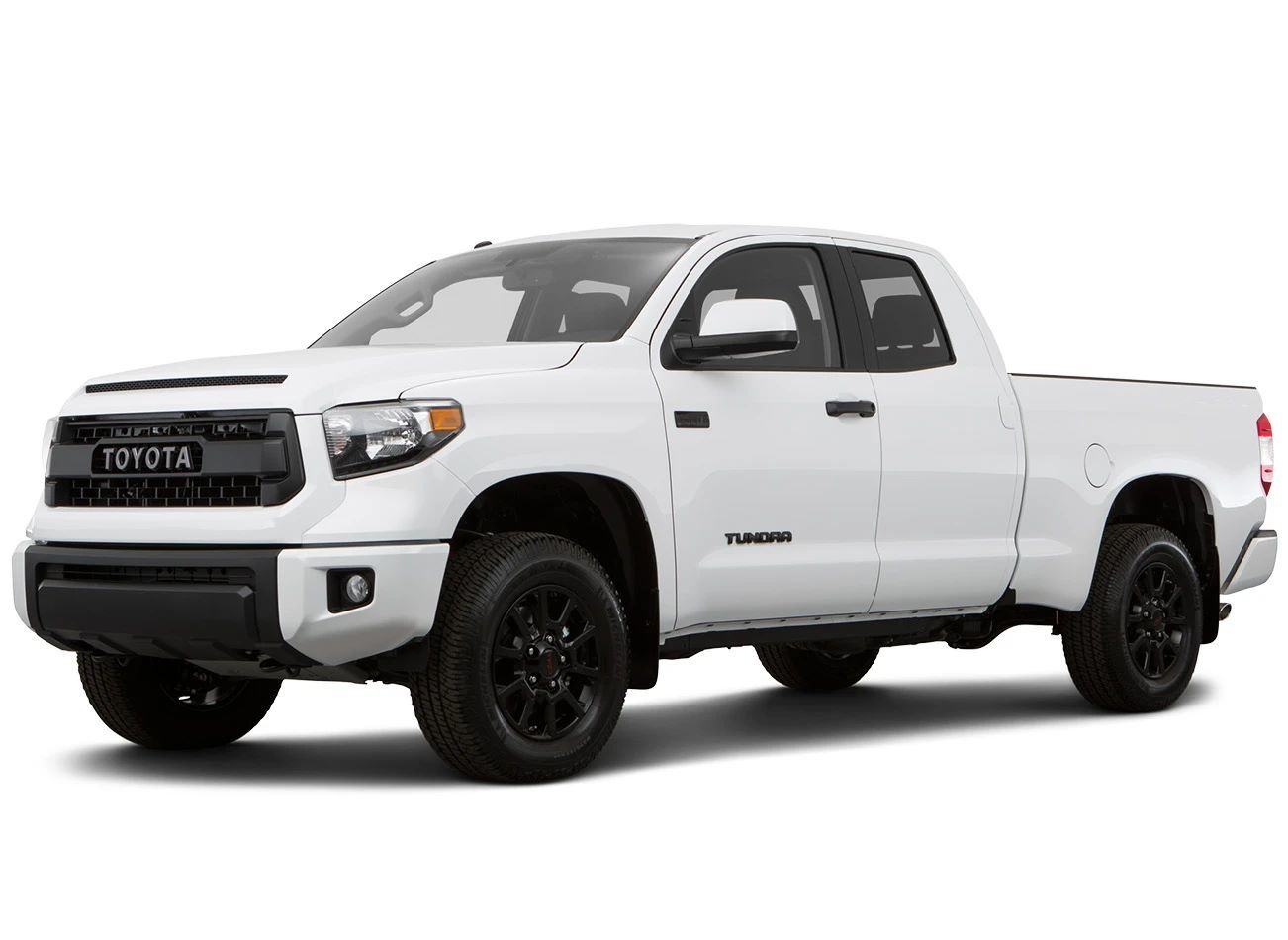
Tundra

INNOVA (2004~2022)
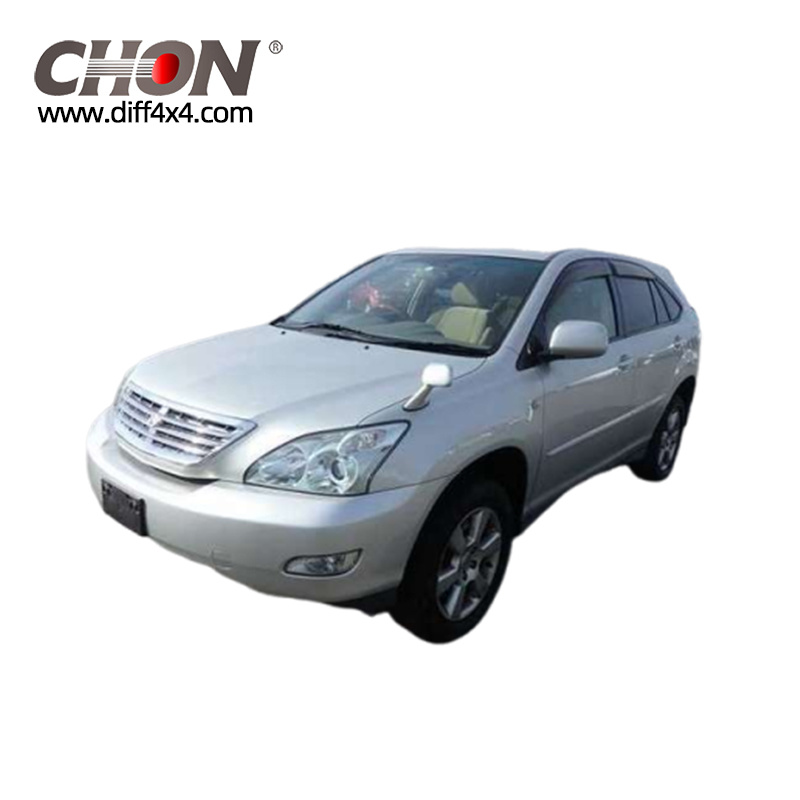
HARRIER-ACU35 MCU35(2000-2003)
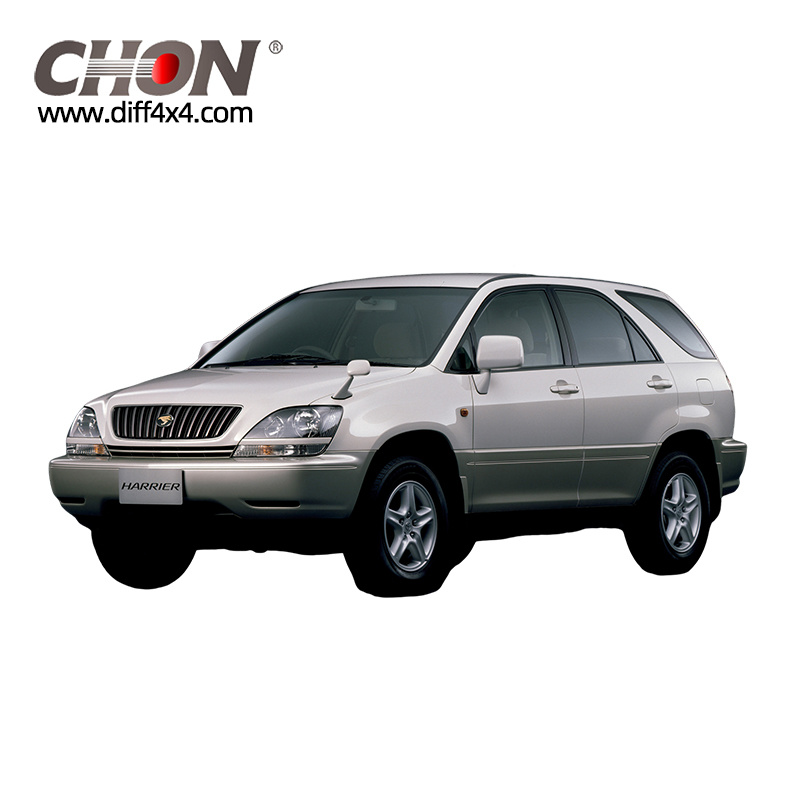
HARRIER-MCU15(1998-2003)
-
toyota differential
Jun 21,2024

Toyota, one of the world's leading automotive manufacturers, is known for producing high-quality vehicles with advanced technology. One crucial component that contributes to the performance and functionality of Toyota vehicles is the differential. In this article, we will explore what a differential is, how it works, and why it is essential for Toyota vehicles.
A differential is a mechanical device that allows the outer drive wheel to rotate faster than the inner drive wheel when turning a corner. It is located between the drive wheels of a vehicle and is responsible for distributing power from the engine to the wheels. In simple terms, the differential allows the wheels to spin at different speeds while maintaining traction and stability on the road.
There are several types of differentials used in vehicles, including open differentials, limited-slip differentials, and locking differentials. Toyota vehicles are equipped with a variety of differential options, depending on the model and trim level. Each type of differential has its advantages and is designed to improve traction, handling, and overall performance in different driving conditions.
Open differentials are the most common type found in vehicles, including Toyota cars and trucks. They allow the wheels to spin independently, which is ideal for everyday driving on paved roads. However, open differentials can be less effective in off-road or slippery conditions where traction is limited. Limited-slip differentials, on the other hand, provide better traction by transferring power to the wheel with the most grip. Toyota offers limited-slip differentials on some of its off-road and performance vehicles to enhance handling and stability on rough terrain.
Locking differentials are another option available on certain Toyota models, such as the Toyota Land Cruiser and Tacoma TRD Pro. Locking differentials provide maximum traction by locking both wheels together, ensuring equal power distribution and preventing wheel spin. This feature is especially useful for off-road driving, rock crawling, and challenging terrains where maintaining traction is crucial.
In addition to the type of differential, Toyota vehicles also come with advanced features such as electronic traction control, stability control, and off-road modes to further enhance performance and safety. These systems work in conjunction with the differential to optimize power delivery, prevent wheel slip, and improve vehicle stability in various driving conditions.
Regular maintenance and inspection of the differential are essential to ensure optimal performance and longevity of your Toyota vehicle. Over time, the differential fluid may break down, causing wear and tear on internal components. It is recommended to have the differential fluid changed according to the manufacturer's maintenance schedule to prevent damage and ensure smooth operation.
In conclusion, the differential plays a vital role in the performance and functionality of Toyota vehicles. Whether you are driving on the highway, navigating through city streets, or exploring off-road trails, the differential is a critical component that helps you maintain control, traction, and stability. With a variety of differential options available on Toyota vehicles, you can choose the right one to suit your driving needs and preferences. Remember to keep your differential well-maintained to enjoy a smooth and reliable driving experience in your Toyota vehicle.
PREVIOUS:
NEXT:
ENQUIRY NOW
COOKIES
Our website uses cookies and similar technologies to personalize the advertising shown to you and to help you get the best experience on our website. For more information, see our Privacy & Cookie Policy
COOKIES
Our website uses cookies and similar technologies to personalize the advertising shown to you and to help you get the best experience on our website. For more information, see our Privacy & Cookie Policy
These cookies are necessary for basic functions such as payment. Standard cookies cannot be turned off and do not store any of your information.
These cookies collect information, such as how many people are using our site or which pages are popular, to help us improve the customer experience. Turning these cookies off will mean we can't collect information to improve your experience.
These cookies enable the website to provide enhanced functionality and personalization. They may be set by us or by third-party providers whose services we have added to our pages. If you do not allow these cookies, some or all of these services may not function properly.
These cookies help us understand what you are interested in so that we can show you relevant advertising on other websites. Turning these cookies off will mean we are unable to show you any personalized advertising.

Leave Your Message






